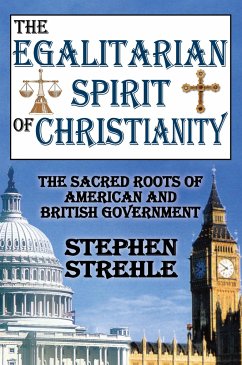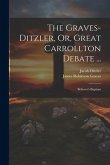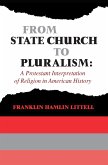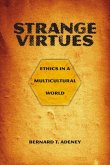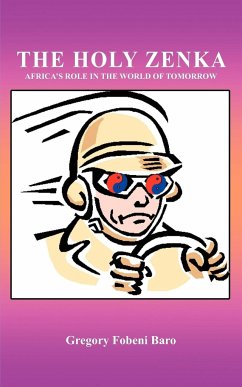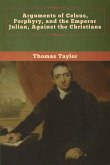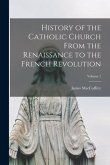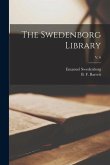Religion no longer plays a dominant role in the everyday consciousness of modern Western society. Few people recognize the underlying role of religious beliefs and practices in their life choices. Stephen Strehle shows the significance and ongoing influence of religion in contemporary life by revealing the sacred roots of modern political ideas in the sixteenth and seventeenth centuries. He discusses the role of the church in government, probing into the sources of democratic, federal, and egalitarian ideas on the continent of Europe during the Reformation.The separation of church and state in America and the diminished power of the Church of England were the culmination of secular forces evolving since the Enlightenment. This secular view of life represents the basic mentality of the culture and the government in general; yet there is much to contradict it. The last half of the twentieth century witnessed a surge of grassroots movements from all sides of the political/religious spectrum. These included the civil rights movement of the 1960s and the Moral Majority of the 1980s, both of which provided an effective challenge to a simple separation of the two realms.Strehle explores some of the most cherished political ideals of modern society, including equality and democracy, liberty and natural rights, progress and capitalism, federalism and mixed government. He does not dismiss the vital contribution of other possible sources of inspiration from the world of religion or undermine the well-established place of 'secular' sources. But he does show that certain ideas associated with the religious community have left an indelible mark upon significant aspects of the emerging American landscape.
Hinweis: Dieser Artikel kann nur an eine deutsche Lieferadresse ausgeliefert werden.
Hinweis: Dieser Artikel kann nur an eine deutsche Lieferadresse ausgeliefert werden.

